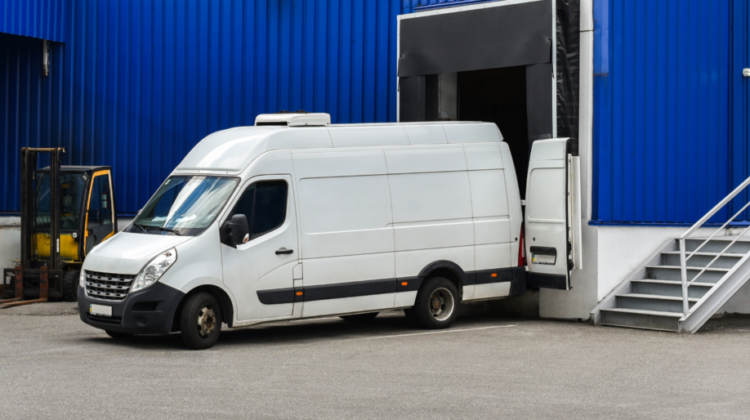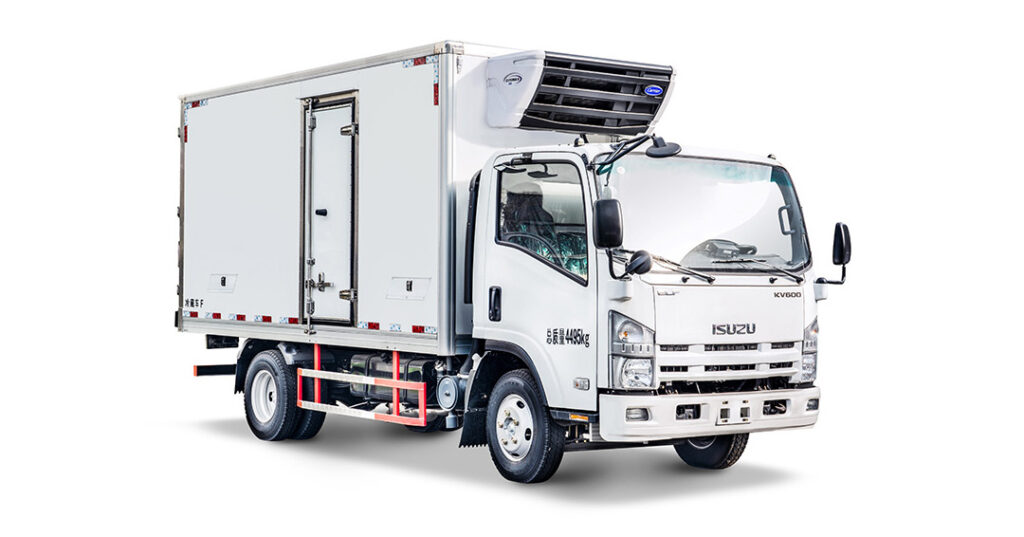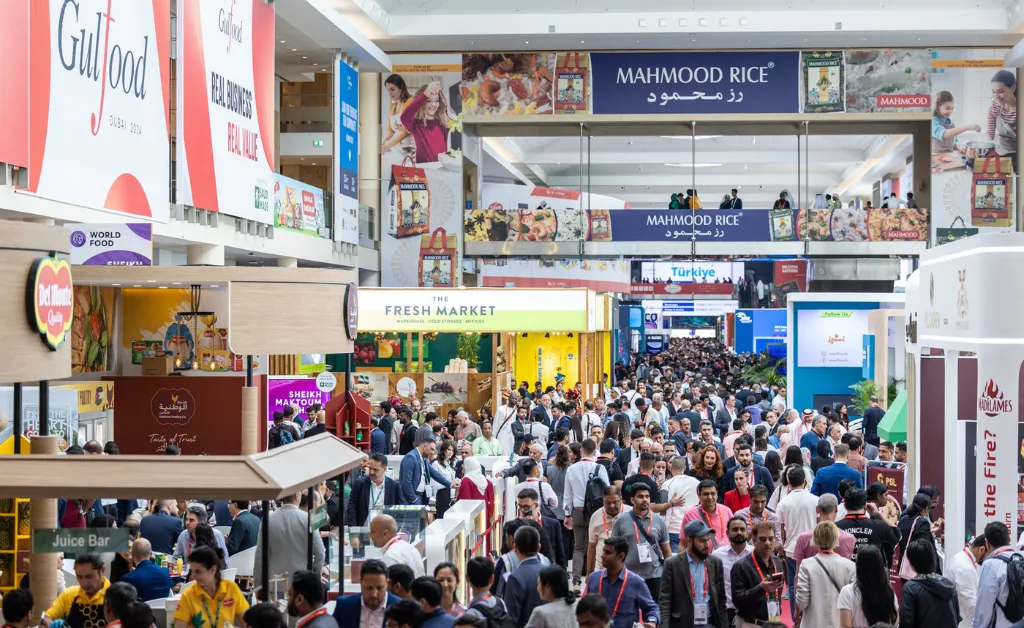
Introduction
Dubai’s food industry is thriving, driven by a diverse population, a bustling tourism sector, and increasing demand for fresh and perishable goods. However, maintaining food quality and safety in the emirate’s extreme climate is no small feat. The synergy between the Dubai food industry and refrigerated vans has become essential, ensuring temperature-sensitive goods are transported efficiently and safely.
Refrigerated vans, also known as chiller vans, form the backbone of the food supply chain in Dubai. From delivering fresh produce to frozen meats, they help maintain the integrity of products while adhering to strict health and safety standards.
Why the Dubai Food Industry Depends on Refrigerated Vans
The relationship between the Dubai food industry and refrigerated vans is more than just logistical—it’s essential for survival. The extreme weather conditions and fast-paced lifestyle in Dubai make it impossible to transport food items safely without refrigeration.
These vans:
- Ensure food products remain safe and consumable by maintaining optimal temperatures.
- Help businesses meet high consumer expectations for freshness.
- Bridge the gap between food suppliers, restaurants, and retailers.
The Importance of Refrigerated Vans in Dubai’s Food Industry
The reliance of the Dubai food industry on delivery van rental Dubai and refrigerated vans stems from the need for temperature-controlled logistics. Extreme heat, traffic delays, and stringent food safety standards make refrigerated vans indispensable for transporting perishables.
By maintaining a steady cold chain, refrigerated vans help prevent food waste, reduce losses, and ensure compliance with Dubai Municipality’s health regulations. This partnership is crucial for businesses involved in:
- Dairy Transportation: Protecting milk, cheese, and yoghurt from spoilage.
- Fresh Produce Distribution: Keeping fruits and vegetables fresh.
- Frozen Food Deliveries: Ensuring frozen meat, ice cream, and seafood arrive intact.
- Temperature Maintenance: Critical for preserving product quality during transport.
- Reducing Spoilage: Minimizing waste caused by Dubai’s extreme heat.
- Ensuring Compliance: Adhering to Dubai Municipality’s food safety regulations.

Dubai’s Growing Food Industry: A Need for Refrigerated Vans
Dubai’s food and beverage (F&B) sector is expanding rapidly, fuelled by a booming population, increased international trade, and the rise of e-commerce. As the city evolves into a global food hub, the logistics behind delivering perishable goods must keep pace.
The Dubai food industry and refrigerated vans rely on refrigerated vans to support
- Restaurants and Cafes: Regular delivery of fresh ingredients and frozen products.
- Supermarkets: Consistent supply of chilled dairy products, fresh produce, and frozen goods.
- Exporters: Transporting food items safely to international markets.
How Refrigerated Vans Help Combat Dubai’s Climate Challenges
Dubai’s intense heat presents a unique challenge for food logistics. During the summer months, temperatures can soar above 45°C (113°F), making it nearly impossible to transport perishable items without refrigeration.
Refrigerated vans solve this issue by:
- Offering Temperature Control: Advanced systems regulate internal temperatures, ensuring goods like fresh fish, meat, and dairy stay within the ideal range.
- Preventing Rapid Spoilage: protecting sensitive products from heat damage during transit.
- Maintaining Quality: Delivering goods to their destination in excellent condition, building trust between businesses and consumers.
Key Features of Refrigerated Vans in Dubai
Modern refrigerated vans are equipped with advanced features to handle the demands of the Dubai food industry and refrigerated vans:
- Advanced Cooling Systems: Capable of maintaining temperatures from -18°C for frozen items to 5°C for fresh produce.
- Multi-Compartment Designs: Allowing multiple temperature zones in one vehicle for mixed cargo.
- GPS Tracking and IoT Integration: Providing real-time updates on temperature and delivery progress.

Meeting Consumer Expectations with Refrigerated Vans
The residents of Dubai have a growing appetite for fresh, high-quality food. Whether it’s organic vegetables, gourmet desserts, or chilled beverages, consumers expect their food to arrive fresh and intact. Refrigerated vans are vital in meeting these expectations by:
- Ensuring products are delivered within the optimal temperature range.
- Supporting quick and efficient deliveries to maintain product freshness.
- Helping businesses build trust and loyalty with their customers.
The Role of Refrigerated Vans in E-Commerce
The surge in e-commerce platforms has further strengthened the reliance on refrigerators. Online grocery stores and meal kit services depend on these vehicles to deliver fresh and frozen goods directly to customers’ doorsteps. Refrigerated vans ensure:
- Temperature-Controlled Deliveries: Maintaining food quality throughout the last mile.
- Safe Transport of Ready-to-Eat Meals: A Growing Segment of Dubai’s F&B Market.

Regulations Governing Refrigerated Food Transport in Dubai
The Dubai Municipality enforces strict regulations to ensure food safety during transport. These include:
- Temperature Requirements: Specific guidelines for storing different types of perishable goods.
- Vehicle Standards: Refrigerated vans must meet design and functionality criteria to maintain the cold chain.
- Inspection and Compliance: Regular checks to ensure adherence to food safety standards.
Compliance with these regulations is crucial for businesses operating in the Dubai food industry and refrigerated vans, as violations can result in hefty fines or operational shutdowns.
Sustainability in Refrigerated Logistics
Sustainability is a growing concern in the refrigerated transport sector. Companies in Dubai are adopting eco-friendly practices to reduce their environmental impact. Examples include:
- Hybrid and Electric Refrigerated Vans: Cutting down on emissions.
- Solar-Powered Refrigeration Units: Using renewable energy for cooling.
- Advanced Insulation Technology: Minimising cooling loss and improving energy efficiency.
These innovations align with Dubai’s commitment to sustainability and help businesses meet environmental goals.
Challenges Faced by Refrigerated Vans in Dubai
Despite their importance, Dubai food industry and refrigerated vans face several challenges in Dubai:
- High Operating Costs: Maintaining refrigeration units and fuel costs can be expensive.
- Traffic Congestion: Delays can disrupt delivery schedules, especially for time-sensitive goods.
- Regular Maintenance Needs: Frequent use in harsh conditions requires constant upkeep of vans.
Addressing these challenges is key to ensuring the smooth operation of refrigerated logistics in the Dubai food industry and refrigerated vans.
Future Trends in Refrigerated Transportation
As technology advances, the future of refrigerated transportation in Dubai looks promising. Emerging trends include:
- AI-Powered Logistics: Enhancing route optimization and temperature monitoring.
- Autonomous Refrigerated Vans: Reducing dependency on human drivers and improving delivery efficiency.
- Greater Focus on Sustainability: Accelerating the adoption of eco-friendly refrigerated solutions.
Conclusion
The Dubai food industry and refrigerated vans work hand in hand to overcome the challenges of transporting perishable goods in a hot climate. Refrigerated vans play a crucial role in ensuring food safety, maintaining quality, and meeting consumer expectations. As the industry continues to grow, innovations in technology and sustainability will shape the future of refrigerated logistics, ensuring that Dubai remains a global leader in food distribution.

